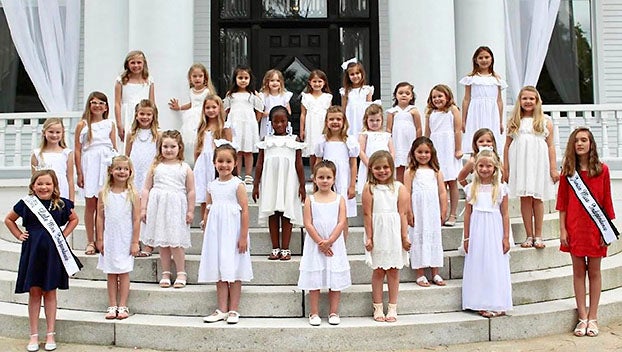The big deal about belittling
Published 7:08 pm Wednesday, January 29, 2020
Emotional and psychological abuse can take many forms, including belittling, which can manifest as judging, humiliating, criticizing, trivializing or telling hurtful jokes. But belittling is no joking matter. It ’s a tactic often used by abusers to make their victims feel small, unimportant or disrespected. It can take a toll on a survivor’s confidence and sense of self-esteem.
As with other forms of abuse, it’s a tool abusers use to exert control. The more down about yourself you feel, the more dependent you’ll be on your abuser to validate you—or, so they believe. The following are examples of what belittling looks like:
- Yelling or screaming at you to get a reaction.
- Insulting you — calling you fat, ugly or stupid — or criticizing your parenting skills or intelligence.
- Ignoring how you feel, disregarding your opinion or failing to recognize your contributions.
- Humiliating or embarrassing you, especially in front of family or friends. Making you the butt of jokes or offhand comments that disparage you and then saying something like, “I didn’t mean it. I’m just teasing,” or telling you that you’re being too sensitive.
- Bringing up past failures or mistakes as evidence of your incompetence or lack of intelligence.
- Forcing you to agree with them instead of forming or expressing your own opinion.
- Treating you as their property or as someone who has no value other than as a sex object.
- Denying the belittling, blaming it on you or criticizing you for making too big a deal out of it.
- Minimizing the seriousness of their abuse or accusing you of overreacting to their words or behaviors.
- Blaming you for their abusive behavior, but then turning around and telling you how much they love you.
You may be experiencing some or all of these factors and still wonder, ‘Is this abuse?’ It’s a hard pill to swallow, believing that the person you love and trust can be purposefully trying to hurt you as a means of power and control.
But ask yourself this: Are you afraid of your partner? Do you walk on eggshells whenever he or she is around? Is the belittling becoming a regular occurrence? Does your partner lack remorse for hurting you? If the answer is yes to any of these questions, you may need to face the reality that your partner is abusive. It can help to reach out to a trained domestic violence advocate and talk about your specific situation.
Abuse is not your fault. No one deserves to be demeaned or insulted. If you’re dealing with belittling behaviors, try these steps:
- Don’t retaliate or insult them back.
- Identify how the comment makes you feel, so that you can express your emotions.
- Tell your partner exactly how they made you feel and that you didn’t like it.
- Accept an apology, but don’t brush it off with a comment like ‘that’s OK,’ which implies they have permission to do it again.
Don’t underestimate belittling as a form of abuse. Verbal abuse can escalate into physical abuse over time, putting your health and safety at risk. One study revealed that 95% of abusers who physically abuse their partners also verbally abuse them. Consider if this relationship is worth the risk.
Originally published at www.domesticshelters.org.






